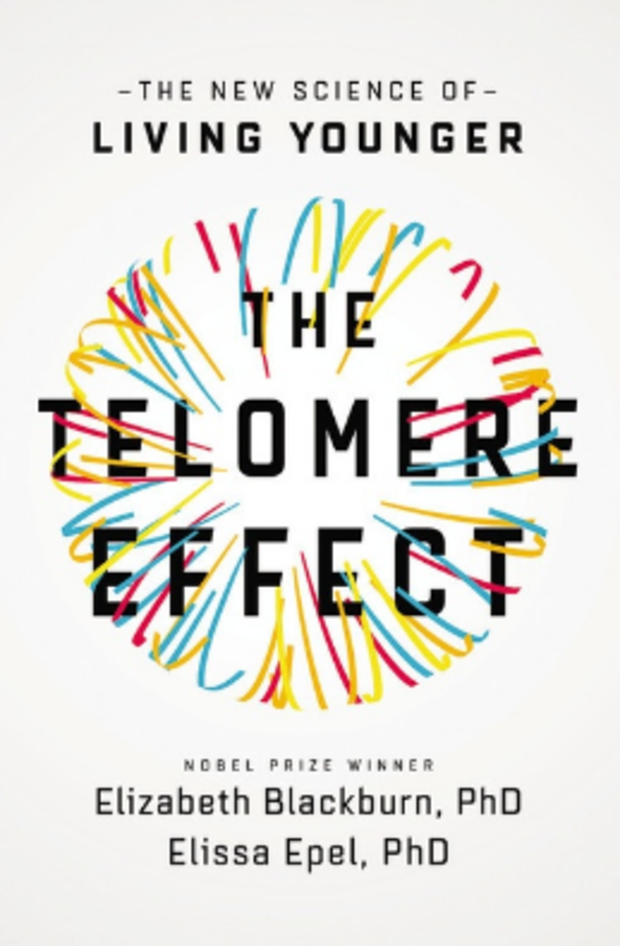"The Telomere Effect" describes how state of mind, sleep and diet impact health
Many Americans have made a New Year’s resolution to improve their health, and protecting part of your DNA – the telomere – might help you reach that goal.
In the book “The Telomere Effect: A Revolutionary Approach to Living Younger, Healthier, Longer,” Nobel Prize-winning molecular biologist Elizabeth Blackburn, who was part of a team that discovered how telomeres protect the chromosome, and health psychologist Elissa Epel claim that specific practices including eating well, sleeping well and a positive frame of mind “can help reduce chronic disease and improve wellbeing, all the way down to our cells and all the way through our lives.”
“It’s in our control. That’s what was so exciting,” Blackburn said Tuesday on “CBS This Morning.”
Telomeres are like the caps at the end of your shoelaces that protect them from fraying, Blackburn explained, but on tips of our chromosomes. People with longer telomeres have lower death rates from cancers and some diseases. Long-term stress or negative thinking can actually shorten your telomere length, while different types of meditation appear to strengthen them, Epel said. Telomeres appear to respond to what’s going on in your life, the authors say.
“Telomeres are listening to your thoughts,” Blackburn said. Which is why, of the approximately 65,000 thoughts our mind processes a day, it helps to be aware of the negative and positive styles of thought.
“So if we actually become aware of our style and these thoughts, we can laugh at them, we can take away their power to stress at ourselves,” Epel said. “So pessimism, hostility, these make us more vulnerable to all of these negative thoughts. So short telomeres are related to these styles.”
Additionally, our social and physical environments impact the telomeres, including factors such as stress from discrimination or toxic chemicals.
“The world around us is incredibly important in its influence on our telomeres. That was one of the shocking things that the research and lots of studies have found,” Blackburn said.




